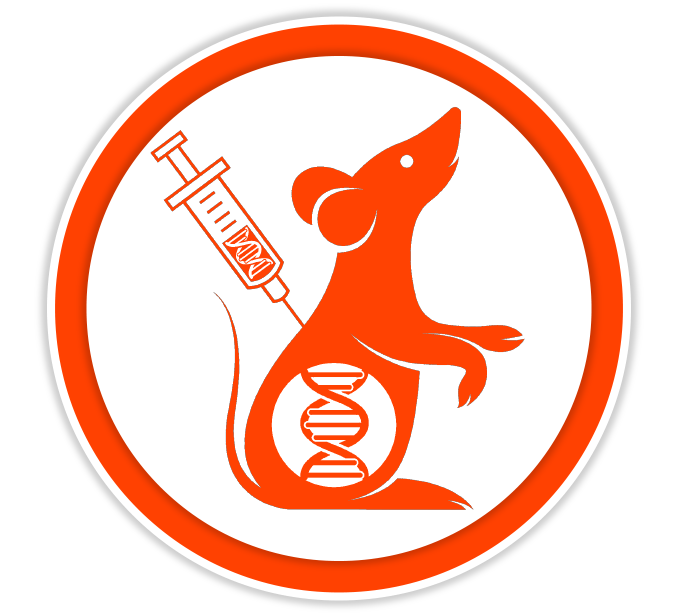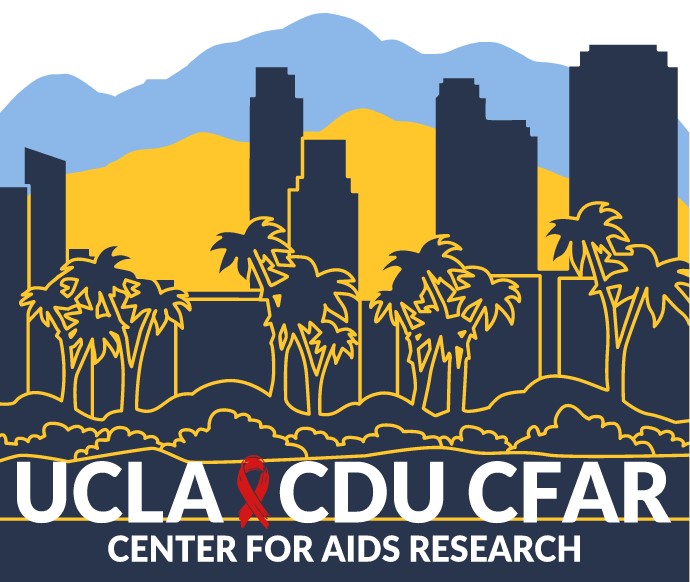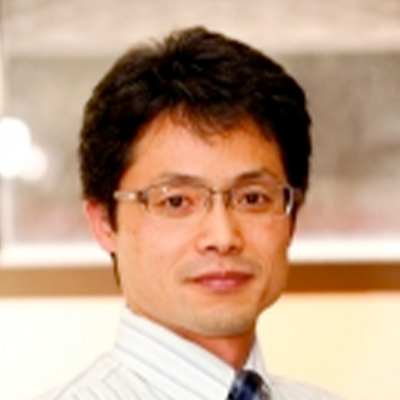
The Humanized Mouse and Gene Therapy Core is a highly specialized Core central to research at UCLA. Humanized mice provide a convenient small animal model to study HIV pathogenesis, pharmacologic approaches to treat HIV, and gene therapy studies in vivo.
This Core provides humanized mice, access to BSL2+ vivarium facilities, expertise in humanized mouse models, and further development of improved humanized mouse models. Many valid humanized mouse models do not require the use of fetal tissues.
The Core is led by Dr. Scott Kitchen, with support from Core faculty member Dr. Dong Sung An. The Aims of the Core are:
- To provide highly-purified and well-characterized hematopoietic, embryonic, and induced pluripotent stem cells as well as access to equipment to process these tissues.
- To provide validated gene therapy vectors, expert consultation, and training for genetic modification of stem cells and other cell types.
- To provide the resources, materials, environment, technical expertise, and consultation necessary to use humanized mouse models.
- To develop new humanized mouse models for AIDS-related research.
Core Leadership and Key Staff
Services Offered by the Core
The Humanized Mouse and Gene Therapy Core can provide the following services:
- Procure immunodeficient mice at reduced cost. This includes the breeding, management, and procurement of a variety of immunodeficient mouse strains from various sources.
- Provide specialized animal laboratories for the construction, housing and maintenance of immunodeficient mice. Immunodeficient mice require specialized facilities and infrastructure for their construction and housing and the Humanized Mouse and Gene Therapy Core can provide this environment.
- Construct humanized mice. This includes the use of highly specialized, state-of-the-art procedures, instruments, and equipment by the staff of the Humanized Mouse and Gene Therapy Core.
- Develop and optimize new humanized mouse models. This includes the development and optimization of new humanized mouse models that would allow the close study of aspects of cancer and HIV infection in terms of pathogenesis, immunity, and therapy in a surrogate human system.
- Provide technical expertise and consultation on humanized mouse models. The staff and director of the Humanized Mouse and Gene Therapy Core Laboratory have more than 40 years’ combined experience in humanized model systems and they will utilize this broad experience to optimize the use of these powerful mouse models by users of the Core.
The core can also provide consultation in flow cytometry, immuno-histochemistry, PCR and other assays. However, final analysis of experimental animals is the responsibility of the individual investigator. Some of these techniques are available through other UCLA-CDU CFAR or UCLA AIDS Institute core facilities.
To request core services, please access form here.
Contact the Core
Scott Kitchen, PhD, Core Director
Sign up to be added to the UCLA-CDU CFAR Listserv




